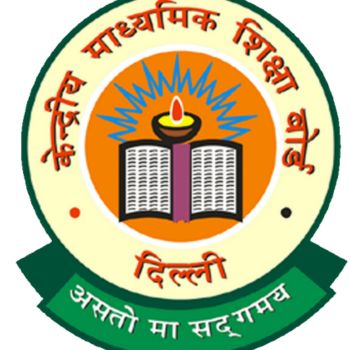Bachelor of Arts English Literature (Year 1) introduces students to English literary critical principles and major works. The course typically consists of core papers like British Poetry, History of English Literature, Introduction to Literary Forms, and Prose of different periods. Indian universities like Delhi University, Utkal University, and Calcutta University are following a UGC-recommended scheme of study for the course. The course is typically completed in two semesters during the first year, and internal tests and semester-end tests are used to evaluate the students. Language or skill development courses are typically also offered to improve academic writing skills and communication.
Year one attempts to nurture critical reading, analyzing, and interpreting skills through literary text analysis from Chaucer to the current times. The learners are exposed to a wide variety of genres- poetry, drama, and prose- and taught elementary literary terms and critical strategies. The traditional authors like William Shakespeare, John Milton, and William Wordsworth are studied extensively along with Indian English literature. It provides a sound foundation for the history of context, literary movements, and how English has evolved as a world literature language.
BA English Literature Semester-Wise 1st year Syllabus 2025
St. Stephen’s College, Delhi, offers a semester-wise BA English Literature 1st-year syllabus structured to provide a strong foundation in literary history and analysis. Semester I covers foundational texts in poetry, drama, and prose from the medieval and Renaissance periods, along with language skill enhancement. Semester II continues with British literature from the 18th and 19th centuries, Indian writing in English, and critical theory basics.
BA English Literature Sem-wise Exam Pattern
The BA English Literature semester-wise exam pattern is designed to assess students through a combination of theory papers, internal assessments, and practical evaluations across two semesters each academic year. Each semester includes multiple papers focusing on different literary genres, history, and critical theory. Exams typically consist of descriptive written tests, essays, and sometimes project work or presentations to evaluate comprehension, analytical skills, and written communication.
Frequently Asked Questions
What is the integration of classical literature with new works in the 1st-year syllabus?
The 1st-year course is largely dominated by central and canonical works to give a voluminous literary background. The students read works of the medieval to early modern period, for instance, Chaucer, Shakespeare, and Milton, which are vital in studying the historical context of English literature. But a few of them include some of the best Indian literature in English translation or new critical essays in order to place contextualism and introduce the student to other voices at an early level. This synthesis allows the students to enjoy the historical evolution of literature since it makes the same relevant for the contemporary issues and concerns.
Are language skill courses taught separately or part of the syllabus?
Language skill development is typically covered as an add-on module of the syllabus and not a distinct subject. Beyond literary studies, students learn courses or modules on grammar, academic writing, comprehension, and communication skills. These are designed to make the students more critically aware of texts and communicate effectively, useful for literary studies and other purposes as well. Special language skill development papers are offered by some of the colleges in the course.
How significant is Indian writing in English included in the 1st-year syllabus?
While European and British literature grab attention in the first year, Indian English literature is covered in the majority of syllabi as a gesture towards the increasing relevance of the postcolonial voice. The inclusion comes usually in the second semester but some colleges cover it in the 1st year itself to introduce students early to local discourse, identity concerns, and multiculturalism. This has the effect of putting English literature into perspective in India's socio-political and historical context.











